The stage of menopause is defined by the permanent termination of menstrual periods in women as a result of the normal decrease in hormones, by the natural depletion of ovarian oocytes from aging. Usually the diagnosis is made after 12 continuous months in which the woman does not see menstrual periods, thus marking the end of the fertile stage in the woman’s life. Menopause generally occurs between the ages of 51 to 55 years of age. In this post I am going to give you important tips about perimenopause and menopause, how to identify if you are approaching to one of those stages, and relevant gynecologic ultrasound images. Ready? Let’s begin.
Understanding menopause.
Menopause occurs when the ovary of the woman has ceased functioning. Female hormones are the active glands when female body characteristics are developing. These hormones are sourced from the ovary. When the ovary has stopped functioning, this means that there will be no more hormones that could regulate the development of the body and as well as regulating menstrual cycle or pregnancy, thus, the onset of menopause, with which a gradual process of body transition would be experienced.
You must know that the signs of menopause could strike women with as early as in their late 30s. And although the average onset of menopause would normally occur when a woman has reached 51 years, there are women of 40s and 50s who were already confronting early signs of menopause process.
What are the early signs that a woman is approaching menopause or is on her perimenopause stage?
The very common sign that a woman is already undergoing the first phase of her menopause is when she is already experiencing irregularity in her menstruation cycle, without appearances of other medical reasons for this experience. It should not be confused, however, that women who have fluctuations with their hormone level production are undergoing menopausal transition.
Before your last menstrual period, you will start experiencing the very first sign of menstruation transition: varying menstrual cycle lengths. This is called perimenopause. At this point, you will already be experiencing different early signs of menopausal symptoms. These signs could be distributed to your physical, psychological, and sexual aspects.
The fluctuation and falling of your hormone production may last for several years, depending on the ovarian function or activity that women may go through. Signs leading to menopause symptoms may procure intermittent changes in the woman’s daily and nightly activities.
The changes in the menstrual cycles include:
Longer menstrual periods: For a woman who usually has short menstrual periods of, say, 4 days, this can increase to more days. When this occurs, it could be one of the symptoms that she is approaching her menopause. When you notice that this is happening to you and you are approaching your late 40s, there is nothing to worry about. Simply know that this is a symptom of menopause.
Heavier menstrual flows: Some women also notice that their menstrual flows are now heavier than usual. If this happens to you and you are sure that nothing else is wrong with you physically, then know that you could be approaching your menopause, especially if the age is right. If the age is not right, then you are not approaching menopause.
Abnormal spotting: Spotting is the situation whereby little drops of blood comes out during the time when you are supposed to be menstruating. When this occurs, it could be a sign of menopause. First, check whether you could be pregnant or not. If not, and if it continues, then it could be a sign of menopause.
Menstrual periods irregularity: There is also the tendency that you will experience general menstrual periods irregularity when you are approaching menopause. When this happens and you know nothing is wrong with you health wise, then it is a symptom of menopause.
Sharing is caring!
Signs of menopause symptoms:
These signs are often the results of your body’s temperature control.
Physical signs of menopause stage are:
- Hot flashes.
- Palpitations or fatigue.
- Insomnia.
- Night sweats.
- Headaches and migraines.
- Joint aches.
- Weight gain.
Psychological signs of menopause stage are:
This signs are the results of the hormonal changes.
- Mood swings.
- Irritability and anxiety.
- Difficulty in concentrating or forgetfulness.
- Difficulty of coping to increased feeling of stress.
And finally lack of interest in sex: Lack of interest in sex for most women in menopause occurs partly because there is now less fun when having sex. This is because as menopause happens, the estrogen levels decline, thereby making the vaginal walls less elastic and thinner. This eventually leads to pain or discomfort during sex. To solve this problem, there is the need for sufficient vaginal lubrication for women who are experiencing menopause and still want to enjoy sex with their partners.
Another Psychological signs of menopausal might include:
- Urine infection (may lead to discomfort on your passing urine).
- Frequent passing urine whether at daytime and nighttime.
- Leakage of your urine.
- Vaginal dryness and even itching or burning, and vaginal discharge.
As your estrogen level gets affected by the fall of collagen production, the protein needed in maintaining your skin, tendons, hair and nails, you may also see marking changes from those body parts.
- Skin dryness.
- Hair thinning.
- Growth of unwanted hair.
Gynecologic ultrasounds images related to this topic, you’ll see normal findings for non-menopausal patients and menopausal patients.
How to alleviate menopausal symptoms naturally?
- A healthy lifestyle in general.
- Nutritious and balanced diet.
- Taking supplements with vitamin D and calcium.
- Regular weight bearing exercises.
- Elimination cigarettes and alcohol, that can help lower your risk of osteoporosis, bone fractures, and cardiovascular diseases.
- Hormone replacement therapy, that usually consists of estrogen, progesterone, and possibly testosterone may also help alleviate or reduce the menopausal symptoms. However, it is always recommended to use the lowest possible dose for the shortest duration possible of the hormone therapy to reduce the risks of breast cancer, blood clots, myocardial infarction, or strokes.
Related topics.
Pelvic pain in women. Role of ultrasound diagnosing pelvic pain.
Ovaries, hormonal cycles and common cysts.
Endometriosis. Symptoms, diagnosis and treatment.
All about Polycystic ovarian syndrome or PCOS.
Hemorrhagic cyst. When to be concerned.
Final thoughts about perimenopause and menopause.
While thinking about the symptoms of menopause, it is important for you to know and understand that these symptoms differ from women to women. Certain factors like difference in diet and nutrition, general health and health care, etc. all affect the way women experience menopause.
There are some women who wondered and worried about what will happen when they reach menopause. Menopause is not a scary moment. In fact, menopause can be a positive experience. It is a chance for all women to focus more on themselves and make changes that will improve their health.
I hope this article helps you to feel more confident and relax about this important transitional stage in any women life. If you like this post share, it might be helpful to someone else.
Zadi, xo.
Disclaimer: The medical information on this post is for educational and entertainment use only. Under no circumstances, this information is to replace your doctor’s advice or to treat any disease. For proper care, always visit your doctor.

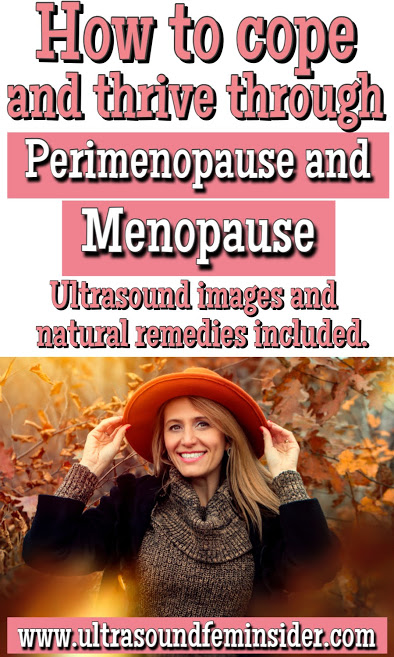
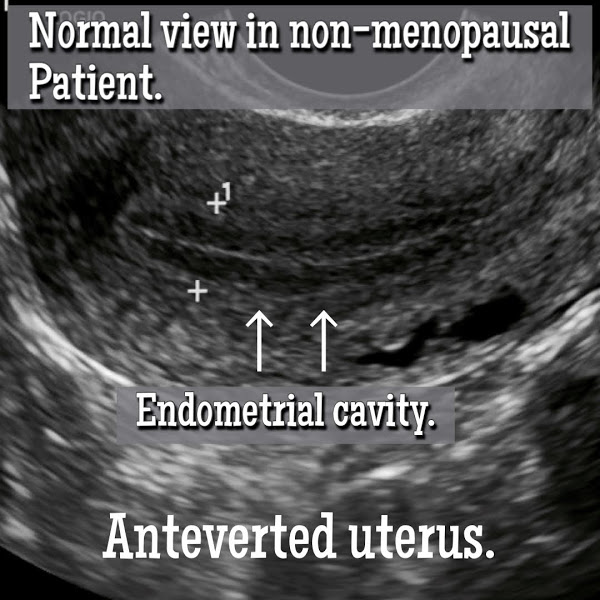
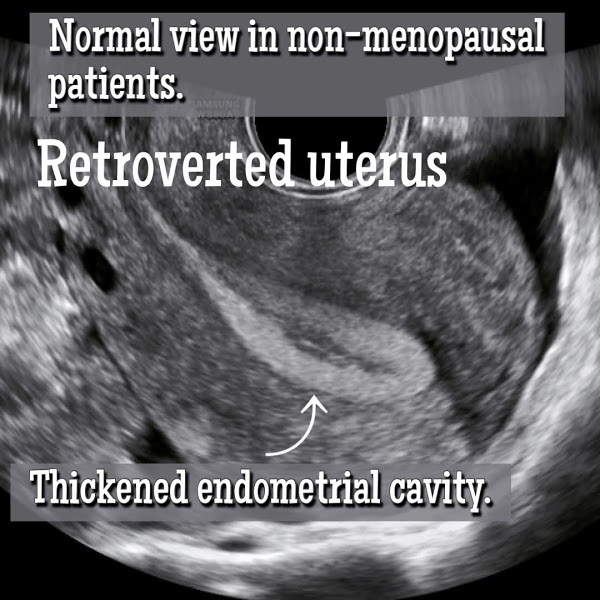
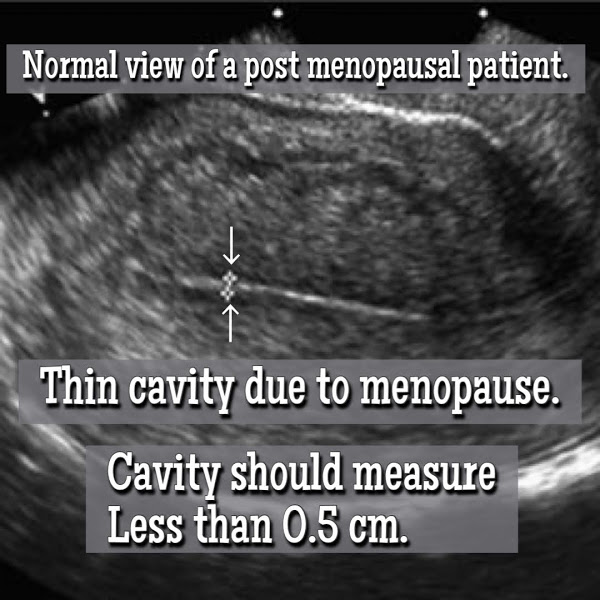
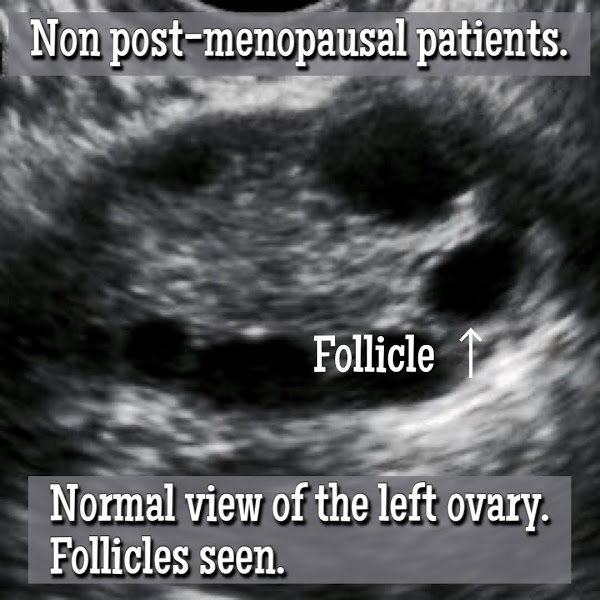
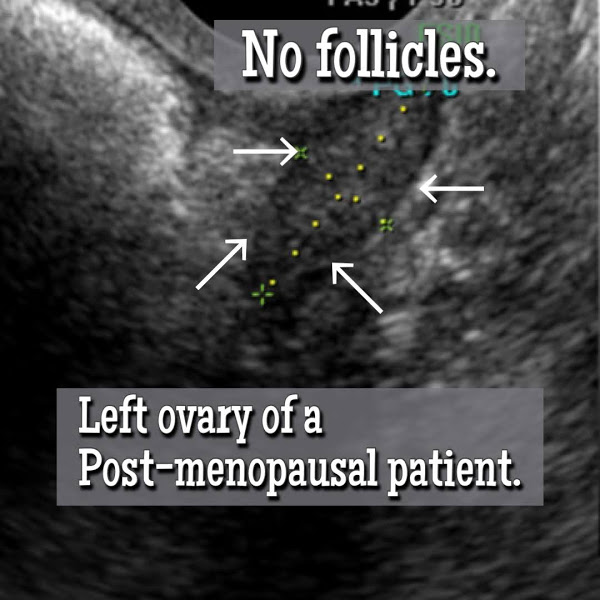









Wow this is extremely interesting. Knowing how to spot and detect these things, especially if it can be done early, is a very important step which can help mothers and parents to better plan for an optimal inception of a new life. Great post Zadi <3
Indeed dear, thank you so much for sharing your thoughts. Menopause is a natural stage, and part of the cycle of life for women, and after that we are not able to carry any children, that’s why is so important to know wether you are getting near or not. Early menopause usually runs in the family. I have seen women to get into menopause at the early age of 40. Happy thanksgiving dear. Many blessings to you.
hi Zadi thank you so much for wishing me a Happy Thanksgiving, and I hope that you had a fun thanksgiving aswell. The information that you shared with me about women not being able to carry any children after Menopause is a very critical aspect that I had no idea of. I had just a general idea of the menopausal symptoms but I didn’t realize that it was mainly the only time for a woman to carry children so thank you for revealing that in the subject.
Every time I come here I learn so much more about the nature of a woman and parenthood than I did before to the point where it’s truly eye-opening.
hi Zadi thank you so much for wishing me a Happy Thanksgiving. I am late to respond to you but I hope that you and yours had a fun thanksgiving aswell my friend.
The information that you shared with me about women not being able to carry any children after Menopause is a very critical aspect that I had no idea of. I had just a general idea of the menopausal symptoms but I didn’t realize that it was mainly the only time for a woman to carry children so thank you for revealing that in the subject.
Every time I come here I learn so much more about the nature of a woman and parenthood than I did before to the point where it’s truly eye-opening.
Thank you so much ?
Thanks dear, I am glad my content is helpful to you!!
It’s a pleasure Zadi. The comment that was submitted just before mine that states that it was posted by an “anonymous” user was actually my comment. but what happened was, I accidentally submitted the comment without filling out the “name”, “email” and “website” fields but I didn’t think it was actually going to submit, so I proceeded to actually finish the original post and submit it the correct way, so I am sorry about that haha
Is ok thanks ?
lol you are welcome my friend. Have a terrific day <3
[…] Understanding perimenopause and menopause. […]
[…] Understanding perimenopause and menopause. […]